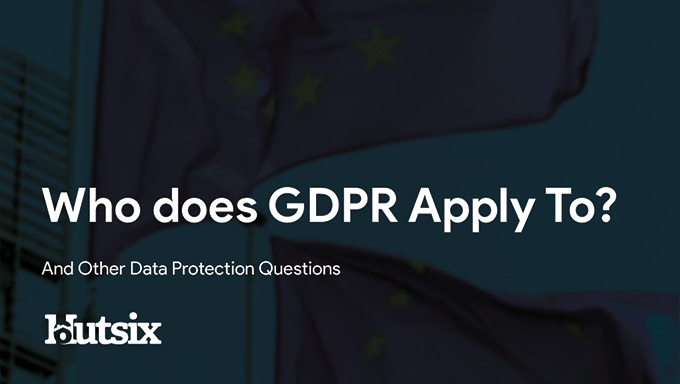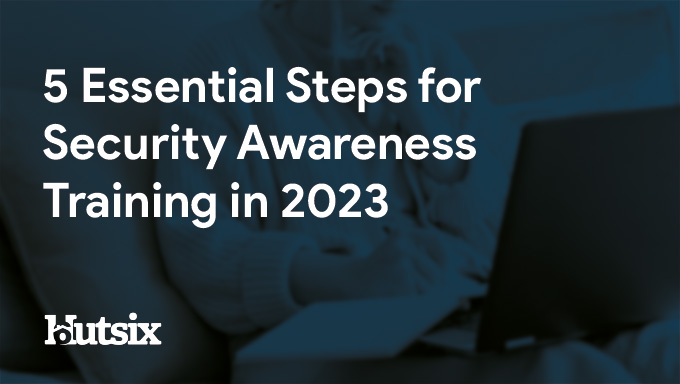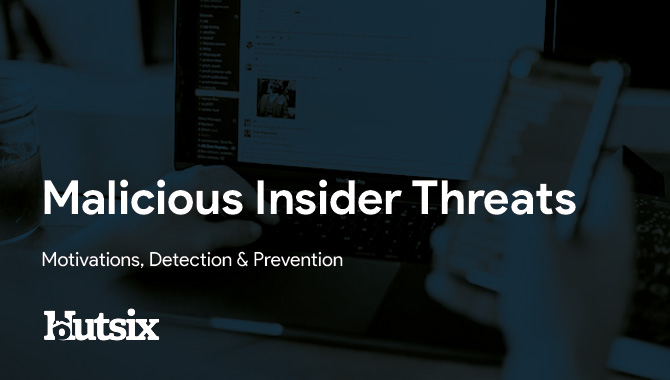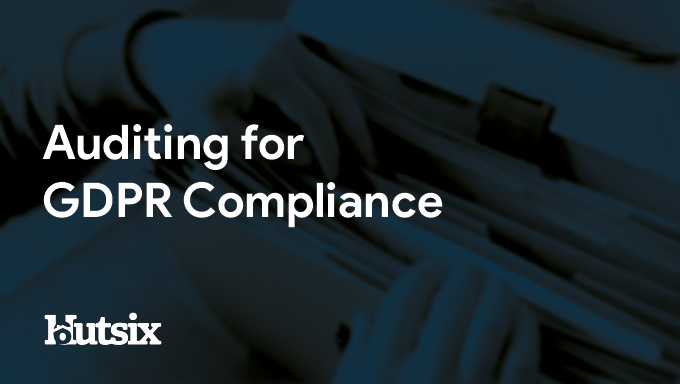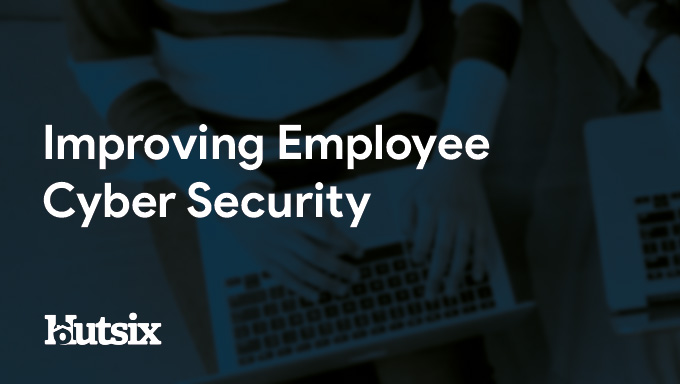5 Benefits of ISO 27001 Certification for Your Organisation
What is ISO 27001?
Developed by the International Organisation for Standardisation (ISO), ISO 27001 (ISO/IEC 27001:2013) is a globally recognised standard for information security management systems (ISMS).
ISO 27001 is predominantly focused on high-level information security concerns, and evaluating risks to information assets, such as intellectual property and IT systems, and is one of several standards that make up the ISO 27000 family.
By meeting ISO 27001 standards, an organisation is often closer to also meeting other compliance standards, including the General Data Protection Regulation (GDPR), the Payment Card Industry Data Security Standard (PCI DSS), and the Health Insurance Portability and Accountability Act (HIPPA).
Ready to start your journey to becoming compliant?
We can help you - let's have a chat.
5 Key Benefits of ISO 27001 Certification
- Improved Information Security
One of the main requirements of ISO 27001 certification is to assess risk and management processes. This involves identifying the information assets that need to be protected, analysing the risks and vulnerabilities to those assets, and implementing controls to mitigate those risks.
By completing this process, an organisation can ensure that its information security is not only aligned with its business objectives, but that risks are also managed effectively.
As well as this, ISO 27001 additionally requires organisations to establish policies and procedures to govern the use and protection of its sensitive information. By having clear policies and procedures in place, an organisation can ensure that its employees and other stakeholders understand their roles and responsibilities in managing information security.
Beyond this, organisations can also expect to improve their overall information security by way of the required access controls. These controls can include password policies, authentication mechanisms, and authorisation processes. By implementing strong access controls, an organisation can prevent unauthorised access to sensitive information, and thereby significantly improve information security.
- Improved Reputation & Stakeholder Trust
ISO 27001 certification can improve an organisation's reputation in several ways: firstly, and most straightforwardly by demonstrating an organisation's general commitment to information security, and that it takes its responsibility to protect sensitive information seriously.
By implementing an effective ISMS according to the requirements of ISO 27001, an organisation protects the confidentiality, integrity, and availability of customer information. Enhancing stakeholder trust and confidence in the organisation's ability to protect their sensitive information.
- Reduced Risk of Non-Compliance
As previously noted, ISO 27001 certification can help organisations comply with various regulations related to information security, such as the GDPR and HIPAA. By providing a systematic approach to managing sensitive information in an organisation, ISO 27001 certification helps to ensure that its information security controls are effective and aligned with its business objectives, and that said organisation can meet compliance requirements in a consistent and repeatable manner.
Beyond this, ISO 27001 certification can also greatly reduce the risks associated with non-compliance. From loss of customer trust, to disruption of business operations, or even resulting legal action from regulatory authorities or affected individuals, non-compliance with regulations is increasingly costly.
Financial penalties are also very significant. For example, the regional regulators for the EU GDPR can impose fines of up to 4% of an organisation's annual global revenue or €20 million (whichever is greater) for non-compliance.
- Competitive Advantage
Beyond improving the reputation of an organisation, and helping to reduce a variety of associated risks, ISO 27001 certification can advantage an organisation in several different ways.
Implementing ISO 27001 can, for example, help an organisation improve its overall efficiency and streamline its operations. By assessing and documenting its information security processes, an organisation can seek to eliminate unnecessary steps, reduce duplicate efforts, and even better communicate security matters to staff and thus minimise confusion.
Furthermore, ISO 27001 certification can help with access to new markets and increase its potential customer base; especially in the public and financial sectors, which often require suppliers to be certified as a condition of doing business.
- Incident Management
ISO 27001 certification can improve an organisation's incident management by requiring the implementation of an Incident Management System (IMS). The IMS provides a systematic approach to identifying, reporting, and responding to security incidents.
Reducing the impact of security incidents and minimising downtime, a proper incident management system helps to ensure that all incidents are tracked and analysed; thus, enabling an organisation to identify trends and take appropriate measures to prevent future incidents.
Additionally, ISO 27001 also requires an organisation to establish and document incident response procedures, ensuring that all employees know what to do in the event of any likely security incident, and helping to minimise the impact of the incident.
ISO 27001 Certification and Employee Training
To achieve ISO 27001 compliance, an organisation must meet numerous requirements, including risk assessment, the development of policies and procedures, access controls, internal audits, and - providing employees with awareness training.
"All employees and relevant contractors must receive appropriate awareness education and training to do their job well and securely.
They must receive regular updates in organisational policies and procedures when they are changed too, along with a good understanding of the applicable legislation that affects them in the role."
- ISO 27001, clause A.7.2.2
The standard mandates that the organisation's information security policies and procedures should be communicated to all employees, including new hires, and that the employees must acknowledge their understanding of these policies and procedures.
The awareness training should cover topics such as:
- Handling of confidential information
- Physical security measures
- Password management
- Social engineering attacks, such as phishing and spear-phishing
- Information security policy
- Roles and responsibilities of employees in information security
- Incident reporting and response procedures
- Use of information technology resources, including email and internet usage
By providing awareness training to employees, an organisation improves its overall security posture and reduce the likelihood of security incidents caused by human error. It also demonstrates the organisation's commitment to information security and compliance with the ISO 27001 standard.
Security Awareness for your Organisation
Enjoyed our blog? Learn more about how Hut Six can help improve you security awareness with training and simulated phishing. Start a free trial now, or book a meeting with one of our experts.
Featured
Who Does GDPR Apply To?
Who Does GDPR Apply To? And Other Data Protection Questions/ Information Security blog by Information security awareness provider Hut Six Security.
Does ChatGPT Pose a Cybersecurity Risk
In this blog post, we explore whether AI chatbots like ChatGPT pose a cybersecurity risk. We delve into the potential vulnerabilities and threats posed by chatbots, and discuss measures that can be taken to mitigate these risks. Read on to discover how you can ensure the security of your organisation's chatbot interactions.
How Do I Get Cyber Essentials Certified?
Learn how to obtain Cyber Essentials certification and enhance your organization's cybersecurity posture with our comprehensive guide. Our expert insights will help you navigate the certification process to meet the requirements for Cyber Essentials.
Essential Steps for Security Awareness Training
Starting a security awareness training campaign? Here are 5 essential steps to help ensure information security success.
Malicious Insider Threats - Meaning & Examples
Malicious insider threats can cause massive problems. Here we examine some of the motivations behind attacks and methods of detection organisations can use to reduce risk.
5 Biggest Breaches of 2022 (So Far)
Five of the biggest and most significant data breaches, hacks, and information security attacks of 2022 (so far).
Auditing for GDPR Compliance
Questions to consider when auditing your business or SME for General Data Protection Regulation (GDPR) compliance.
Improving Employee Cyber Security
With human error responsible for many breaches and attacks, we offer some helpful areas for improving employee security compliance.
5 Cyber Tips for your Business
Essential cyber tips for helping your business or SME improve information and cyber security.
The Benefits Of Maintaining Compliance For Your Business
By maintaining compliance for your business you can ensure operational efficiency, reduce financial risk, enhance public trust, engage your employees and realise your mission.



